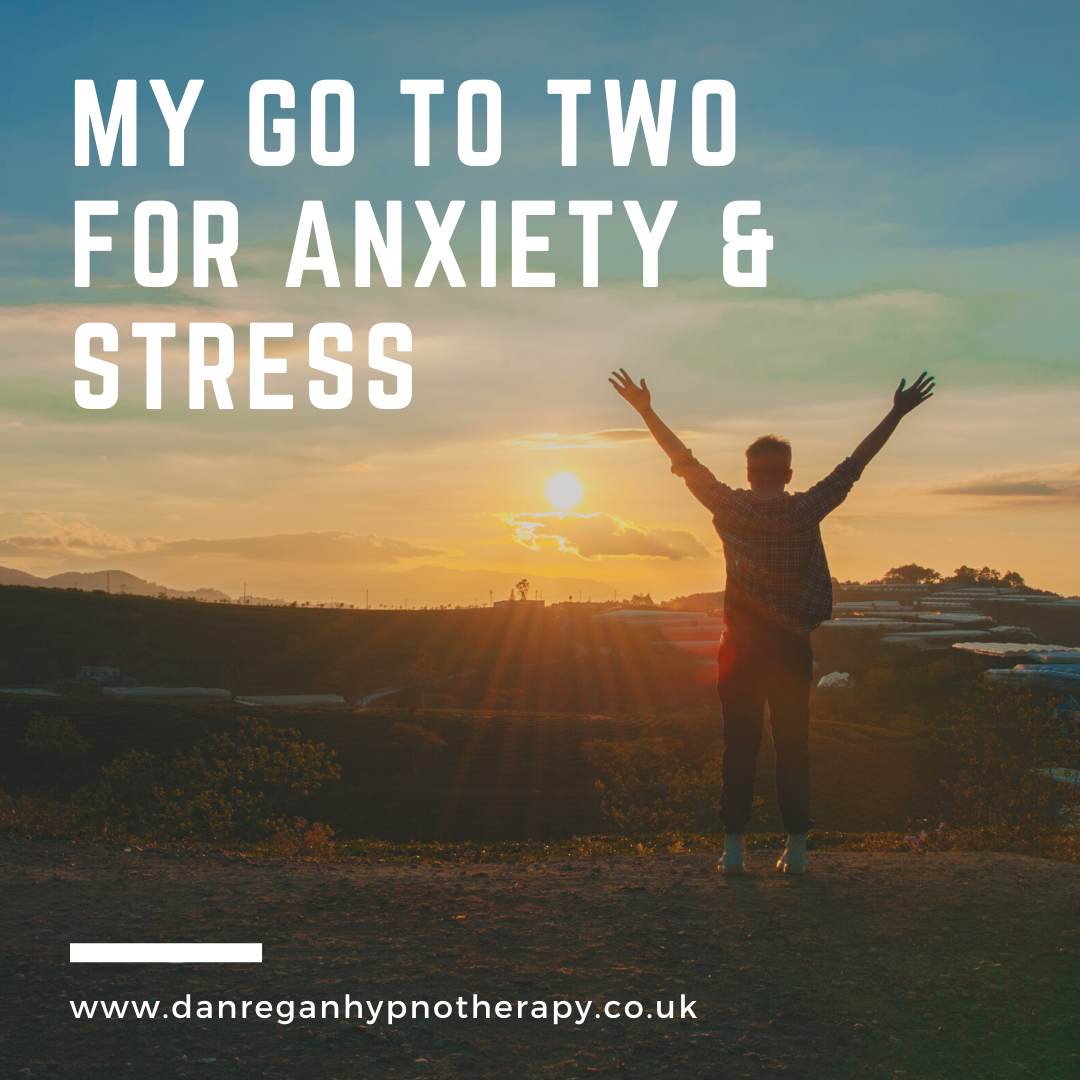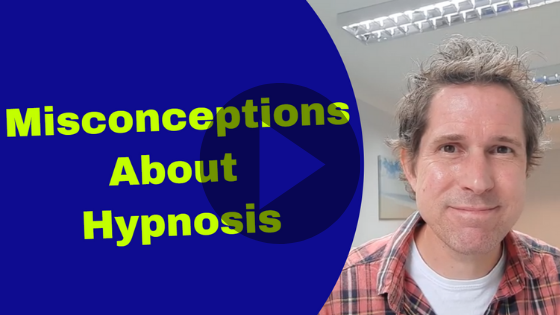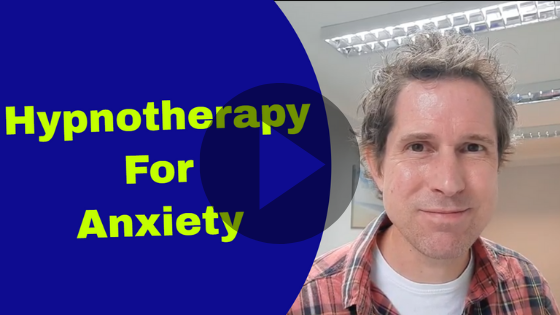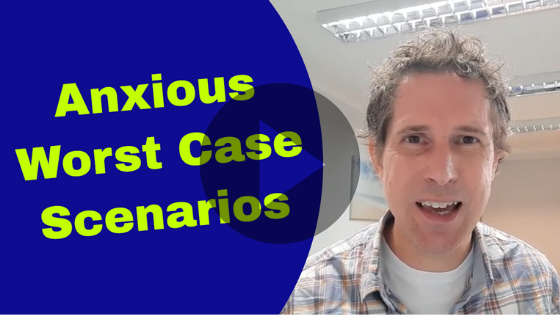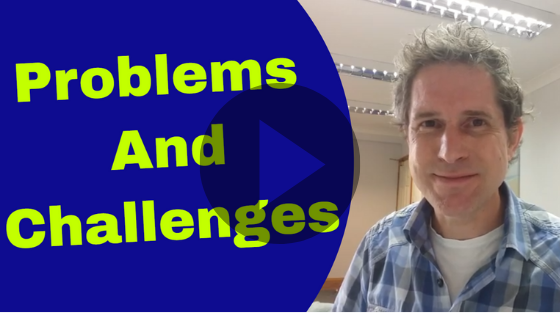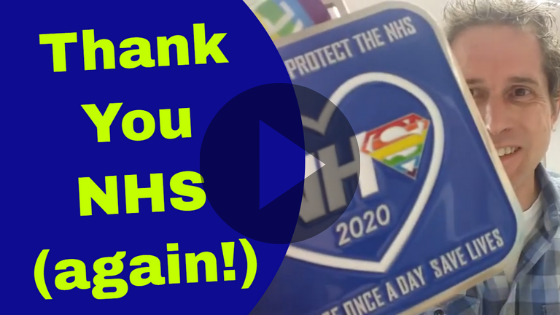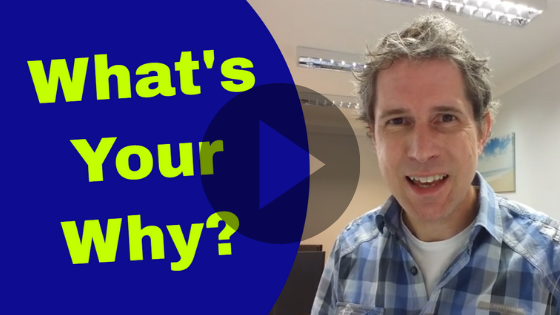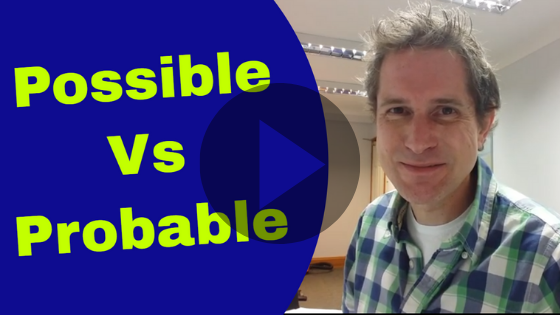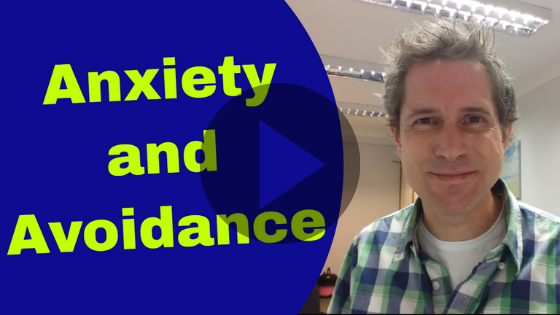Required
My Go To Two For My Anxiety and Stress
My Go To Two For My Anxiety and Stress
I’ve lost count over my last decade as a hypnotherapist of how many times people have asked me, because I seem to so calm and upbeat when they meet me, whether I’m always calm or whether anything phases me. Of course some things do push my buttons and there have been times of stress and worry in my life (I’m only human after all!).
Being a bit of a thinker, I need to keep an eye on where my mental focus and thinking is going sometimes. Thankfully, as with my clients, by learning to not worry about things outside of my control, and to take action (rather than being passive) about things I can control, problems become challenges to find solutions to. On top of that (again, as my clients get to learn), there will always be ways to tackle the kind of stuff that goes on inside your head that help you to cope better with the things you are facing and experiencing.
Recent weeks have been a particularly challenging period with my hypnotherapy practice, not just because of covid-19, but because of the consistent and persistent anti-social behaviour of another tenant in the building. I won’t go into all the details but sadly discussion failed to improve things. As I mentioned above, I believe in taking action to deal with life’s problems and challenges, so as the other business owner and my landlord have been unable or unwilling to help, I’m going to soon be sharing some super exciting news with you about an awesome new location I’ll be operating from (it’s a fantastic venue and I can’t wait!).
But in the meantime, I wanted to share my go to two techniques that I always call upon first for anxiety and stress, because they are easy to implement and because they work so well.

